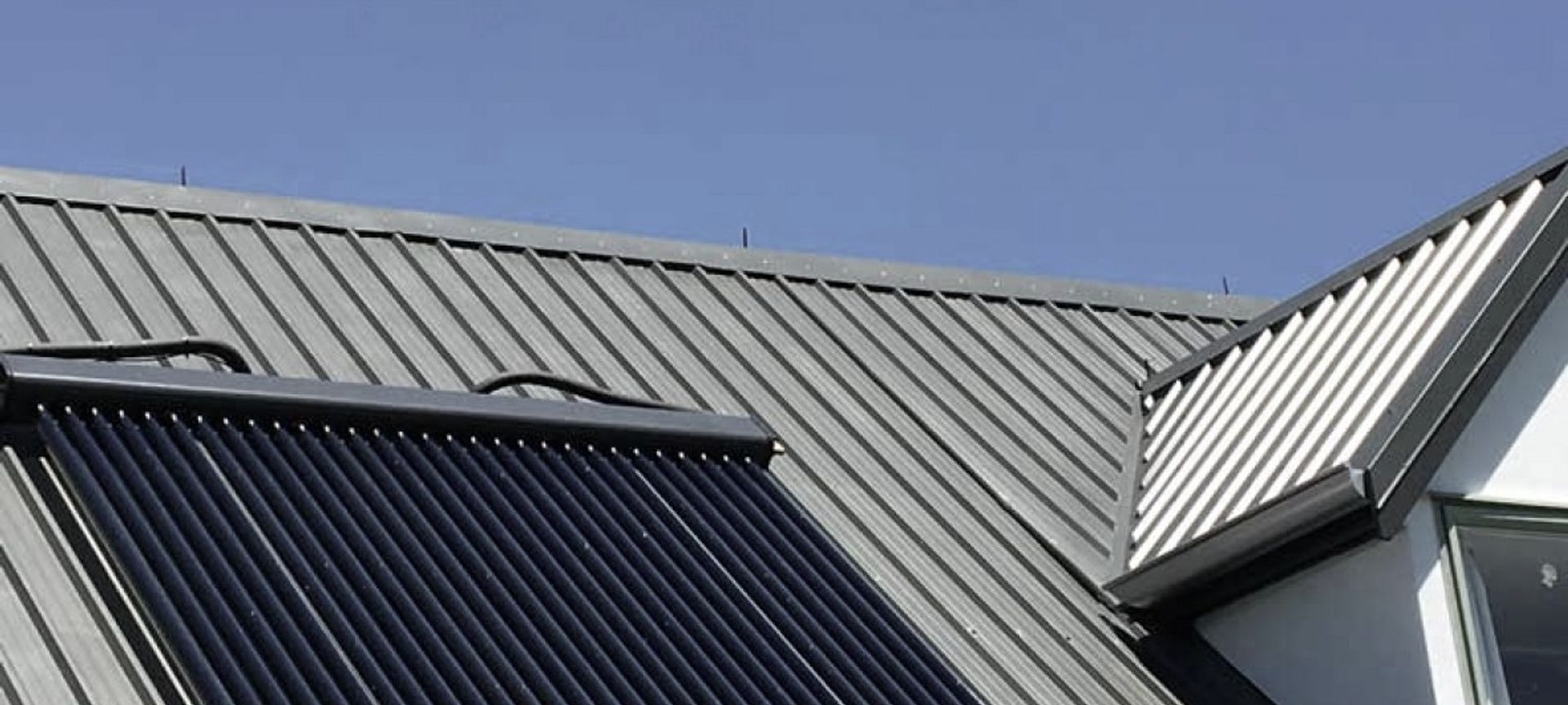Which solar system is best in New Zealand?

Here are some key points to consider:
1. Hot water heating system or PV panels for power?
When looking for ways to save power with solar both approaches are fine but direct to water heating approach is more efficient at extracting the energy from the sun for a given area of roof space and therefore it takes up less area on the roof. You can expect to earn a great return on a solar hot water investment within six to eight years, much quicker that the expected return from a solar PV system; currently ten years.
This is because a solar hot water system stores all the harvested solar energy in your cylinder, ensuring you don’t waste any of it by not being at home during the day. The systems generally cost less to install than an equivalent output PV system.
Your Apricus system has a life expectancy of over 20 years, that means free hot water for more than a decade after the initial payback.
2. Will the system suit my climate zone?
Apricus evacuated tube collectors have been designed to excel in all climate zones. In fact the same Apricus collectors are installed from the Middle East to northern Canada! They can cope with temperatures between -30°C and +50°. That means they’ll be fine in New Zealand.
We do recommend looking at additional frost protection measures if you live in Central Otago and inland Canterbury or Southland. Get in touch and we can discuss the best options for your specific needs and location.
3. What tests have the collectors passed? What certifications does the company have?
The minimum requirement for solar hot water systems in New Zealand is AS/NZS2712. Any system you are considering installing must have this as an absolute minimum otherwise it cannot be legally installed in NZ.
NZS2712 is a minimum standard so if you want certainty that your investment is going to give you maximum performance for a long time there are other solar certifications that are very desirable. The two international benchmarks are Europe’s Solar Keymark and America’s Solar Rating & Certification Corporation. These certifications have stringent performance and manufacturing requirements. You can therefore compare the performance of certified collectors and assess their value for money for your investment.
Apricus collectors have been tested to all these certifications and always appear in the top 5% of global performance ranks.
4. What warranty period do they offer?
When making such a large investment it is worth checking what guarantee you have that the system you choose will last for the period of time you expect and therefore offer you the savings over time you had calculated. Also think about whether this company appears to have the wherewithal to still be in business to honour your warranty.
Apricus have been designing and manufacturing high performance solar collectors since 2003. We offer a 10 year warranty on the evacuated tube solar hot water collectors. Plus 15 year warranty on the header pipe inside the manifold and the marine grade, anodised aluminium frame.
5. Do I need a building consent?
When you are building a new home the solar hot water system can simply be added to the plans. Assuming it is a lightweight, high-quality product such as Apricus, with a range of different mounting options, there will no need to alter your house plans. We provide all the building consent documentation that your home builder or architect requires for submission to council.
When you already have a home you do not need a building consent if you are installing an Apricus solar system on a new hot water cylinder. This interesting quirk in the legislation is because an Apricus solar hot water system is classified as a “controlled heat source”. It is therefore exempted from requiring a consent under Schedule 1 Exemptions, Section 38.
If you are retrofitting an Apricus solar system to your existing hot water cylinder then you will generally require a building consent. This is often subsidised by your council, with many offering free consent fees to encourage people to start saving with a solar hot water system. These include all the main cities - Auckland, Hamilton, Tauranga, Christchurch, Dunedin, – and many other smaller centres – Whakatane, Western Bay of Plenty, Nelson, etc.
